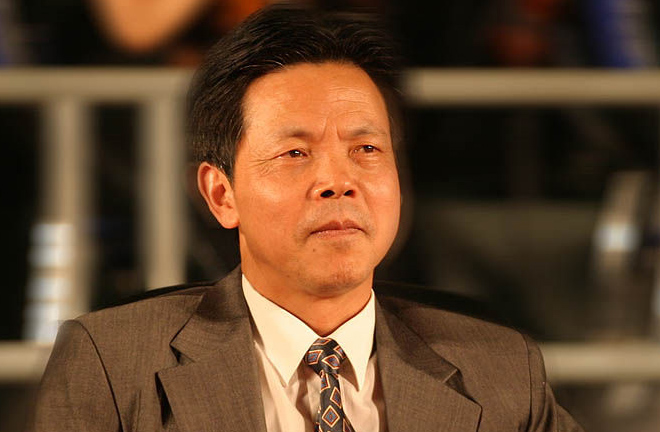PANG XUEQUAN: Research on leisure deserves systematic exploration
 In China, Yu Guangyuan, a renowned scholar, proposed to study leisure in the early 1980s. Currently, the theories and framework of China’s leisure studies still require optimization. Chinese researchers have a long way to go to build the study of leisure into a discipline with Chinese characteristics.
In China, Yu Guangyuan, a renowned scholar, proposed to study leisure in the early 1980s. Currently, the theories and framework of China’s leisure studies still require optimization. Chinese researchers have a long way to go to build the study of leisure into a discipline with Chinese characteristics.
Development calls for the discipline. As China’s reform and opening-up progresses, living standards rise and people have more spare time, diversifying demand for leisure. Governments at all levels have recognized the importance of the leisure sector and are giving increasing attention to it. Therefore, more systematic and standard theoretical research is needed.
The content and value of the leisure sector underscore the discipline’s necessity. Leisure refers to the individual free pursuit of physical and psychological relaxation. When people’s favorite ways to relax become habits, leisure becomes a lifestyle.
Leisure has a variety of benefits. It has visible social and economic value because the sector drives consumption, promotes infrastructure construction, protects the environment and creates new jobs. Also, it has intangible human value because it changes attitudes toward life, enriches life content, involves mental and physical health as well as promotes the comprehensive development of people. Leisure studies are vital for people to explore life and themselves.
The discipline is urgently needed for theoretical development. China has made fruitful achievements in the past few decades, but problems persist, such as the excessive translation and introduction of Western research outcomes, pathways and methods, making it more urgent to construct the discipline of leisure with independent discourse and cultural characteristics.
Efforts should be made in the following three aspects.
Scholars need to draw on cultural characteristics of the Chinese leisure field through comparison with foreign counterparts. Comparing differences and distinctions can help to identify sophisticated regional elements of the leisure field. Researchers need to avoid two errors. Leisure variations among different Western nationalities, countries and regions should be identified. At the same time, people may fail to clarify leisure differences at various historical stages.
Leisure has existed since ancient times and has changed over the course of centuries. For example, leisure activities, forms and benefits have dramatically changed due to machine production and social development. The differences between Western and Chinese leisure sectors have grown, but they also absorb and learn from each other due to economic and cultural exchanges. In this way, scholars need to seek leisure culture with Chinese characteristics through comparing Chinese and foreign leisure fields.
Chinese leisure culture needs to develop a unique concept. China’s longstanding traditional culture and customers contain diverse forms of leisure culture. Various schools of thinking, such as Confucianism and Taoism, all imply distinct thoughts about leisure. At the same time, people of different social groups have their own leisure activities. Poetry, essays, drama and calligraphy express a variety of ideas about leisure. In some way, leisure has become personal concepts of traditional Chinese culture and a crucial measurement of life quality. This is an inevitable mission to construct leisure studies with Chinese characteristics.
In addition, the discipline of leisure needs to connect with social realities in China. Since the introduction of reform and opening-up policies, Chinese society has undergone fundamental changes. Innovations in information technology and the progress of urbanization alter human concepts, lifestyles, consumption as well as value tendencies and social morality. There is no doubt that it is of great importance to build positive values and social morality through analyzing the changing realities, interpreting modern leisure theories and developing healthy leisure styles.
Pang Xuequan is from the Department of Philosophy at Zhejiang University.
